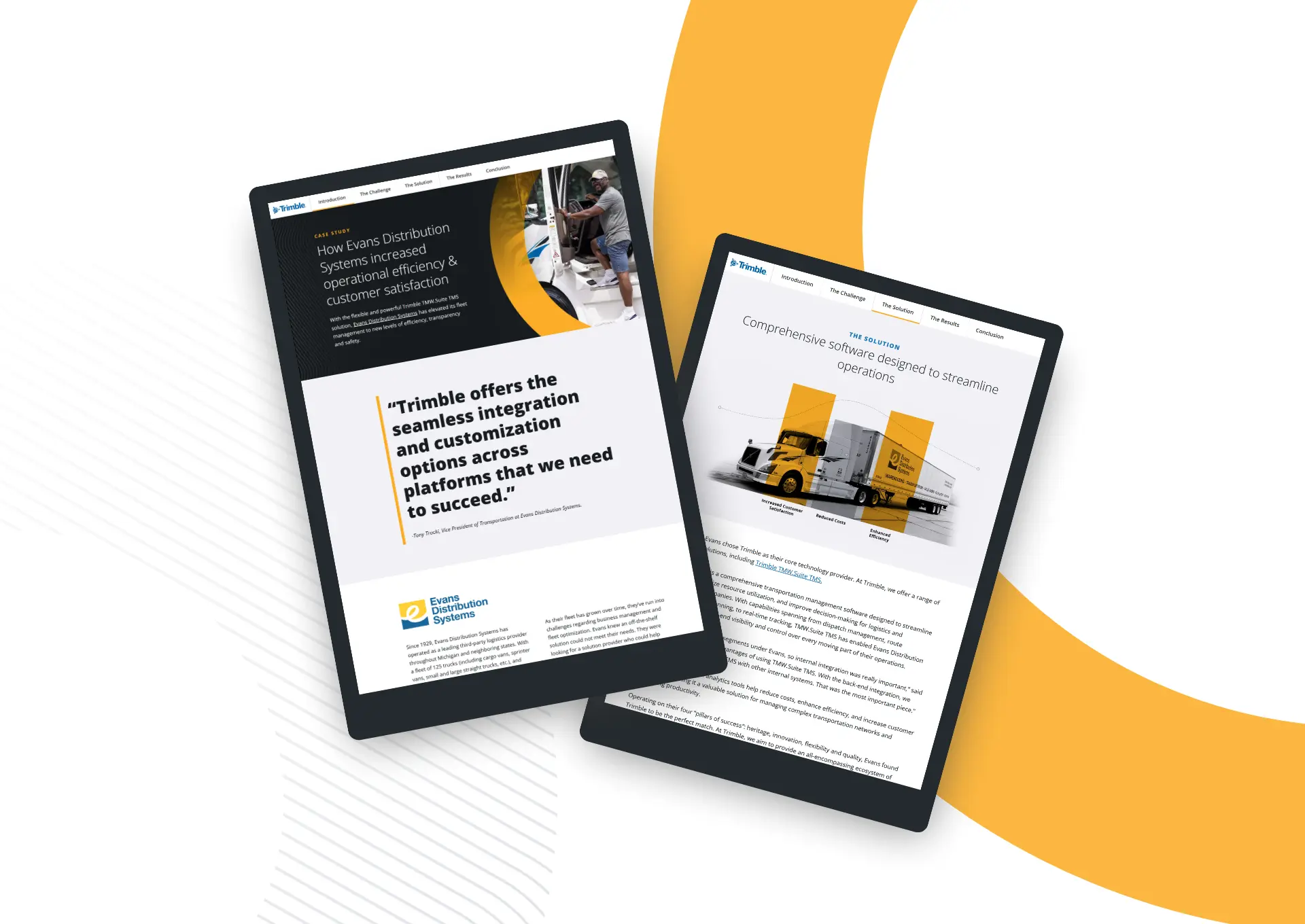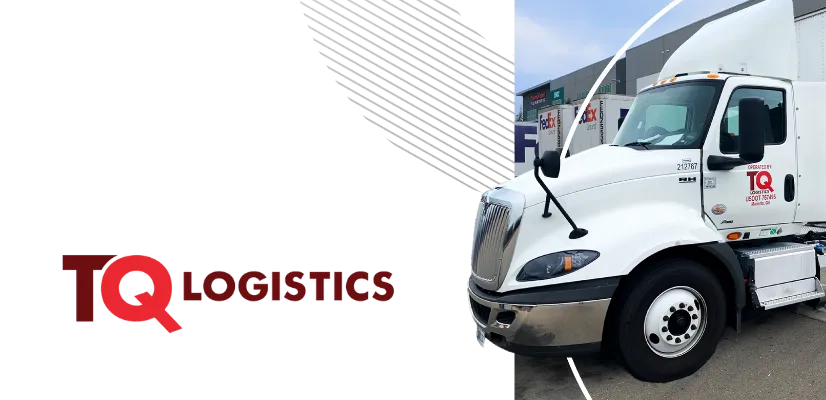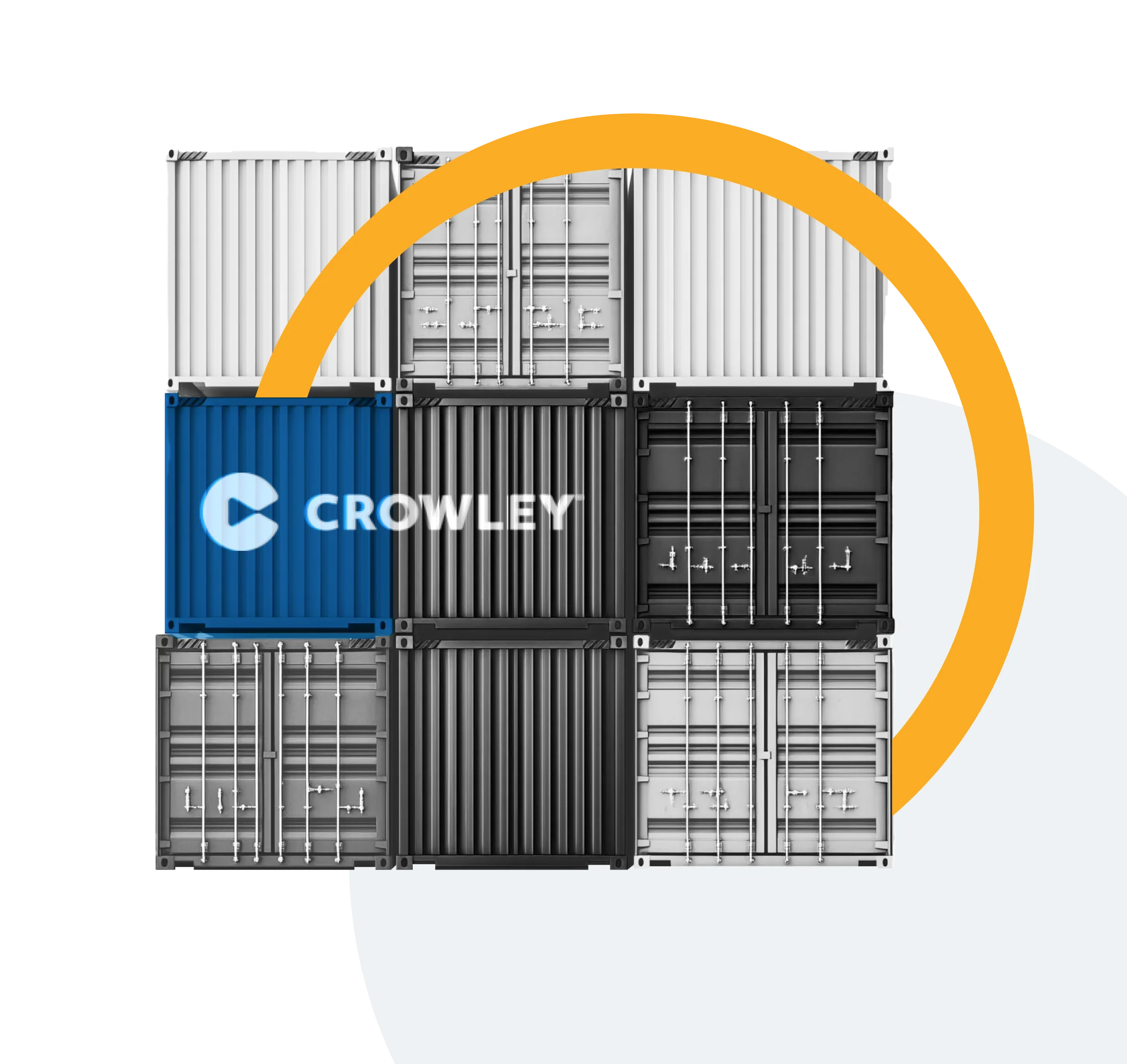Now live with Procter & Gamble
Trimble Freight Marketplace
AI is powering the new era of freight sourcing. Learn how this solution streamlines procurement, reduces complexity and delivers powerful results for companies like Procter & Gamble.
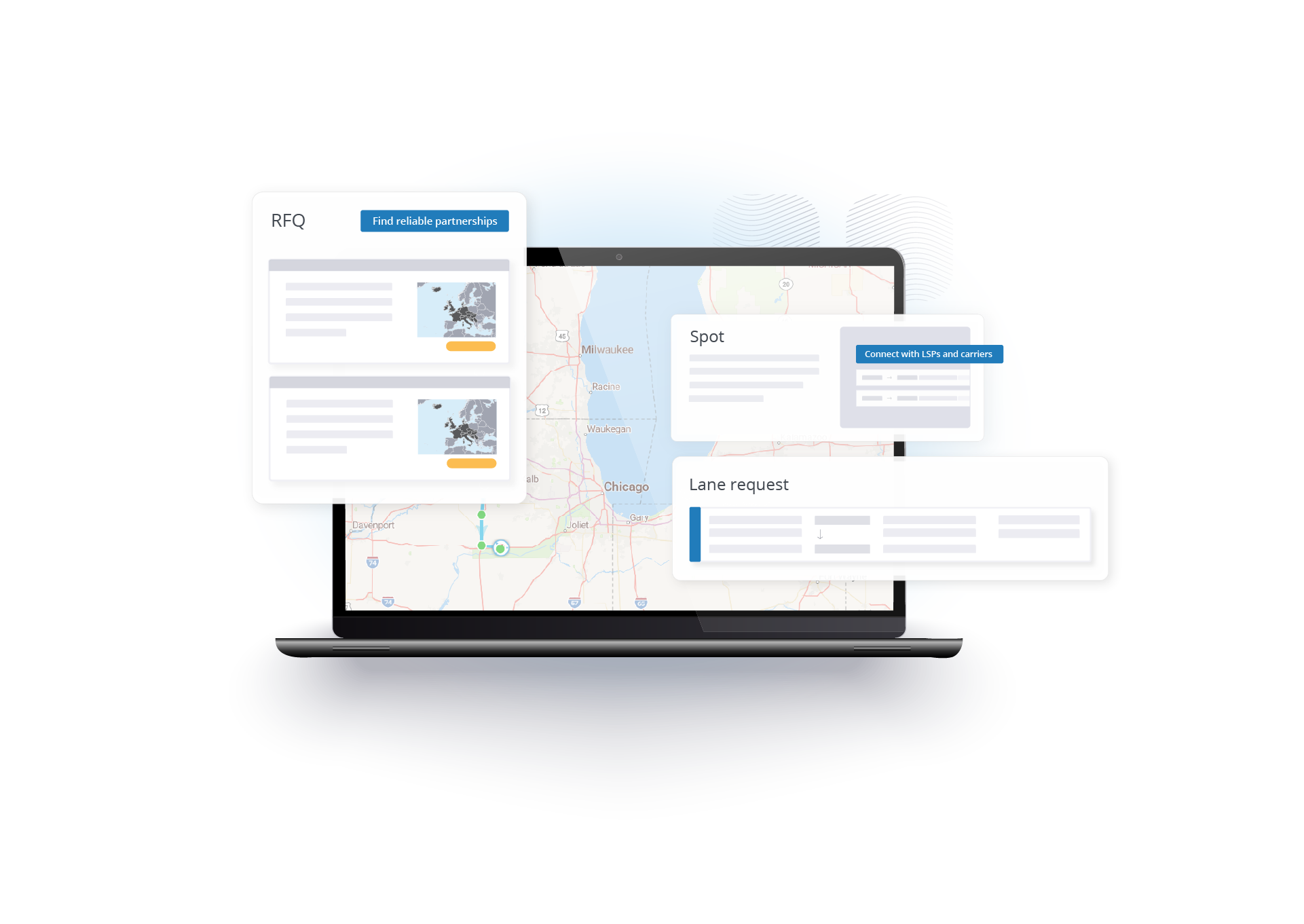
Transportation Pulse Report 2026
Smarter. Faster. Still Human.
Get an insight into the state of AI usage in logistics right now and where it will go in the future. All this based on data, not hype.

Move freight
with confidence
at every turn
Trimble is transforming the way the world moves freight through our AI-powered, connected transportation ecosystem.
We connect the physical and digital worlds with leading procurement, visibility, mapping, maintenance and transportation management technology—empowering our customers every day to do what they do best: keep freight moving.
The company we keep
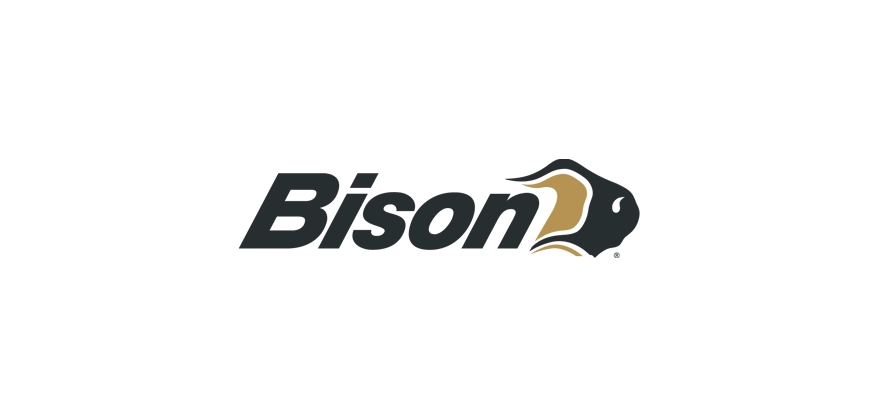
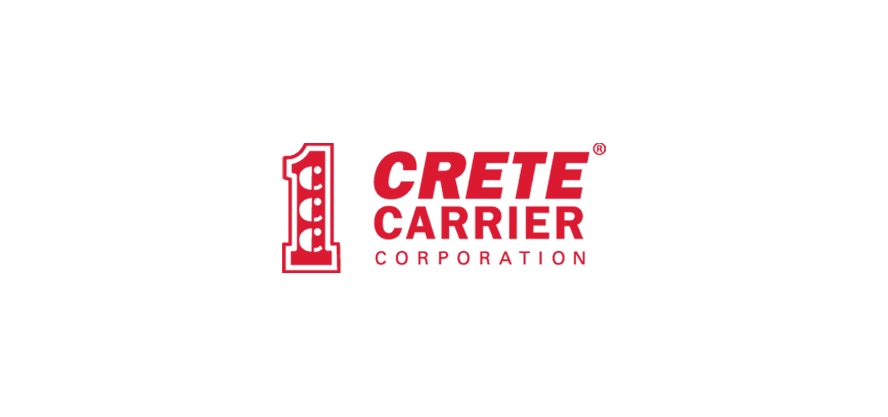
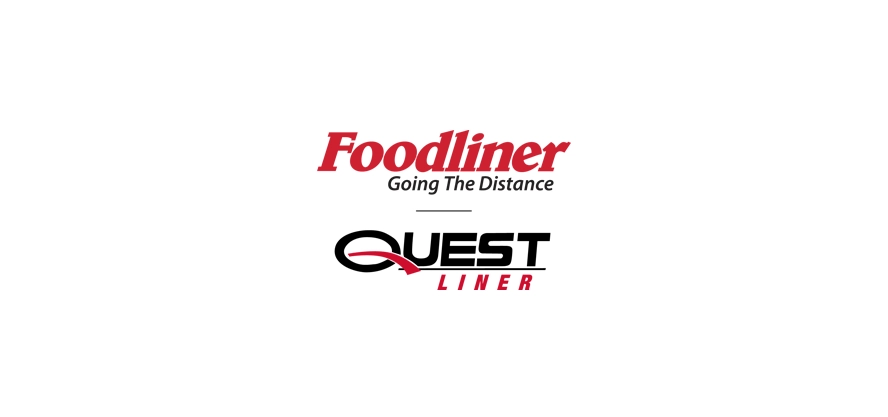
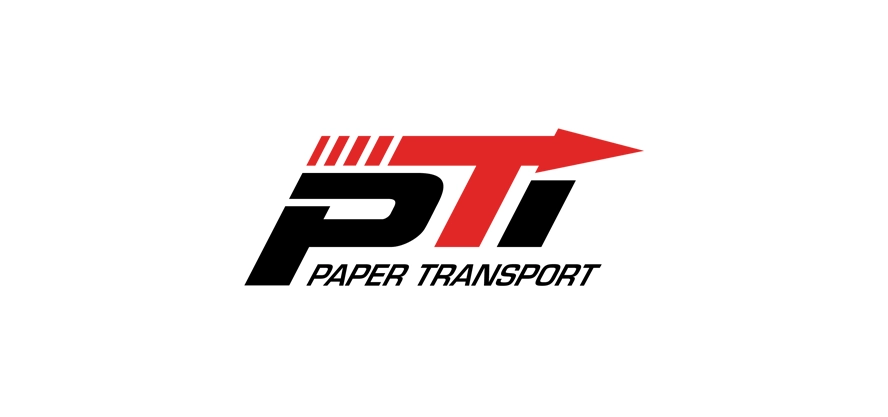
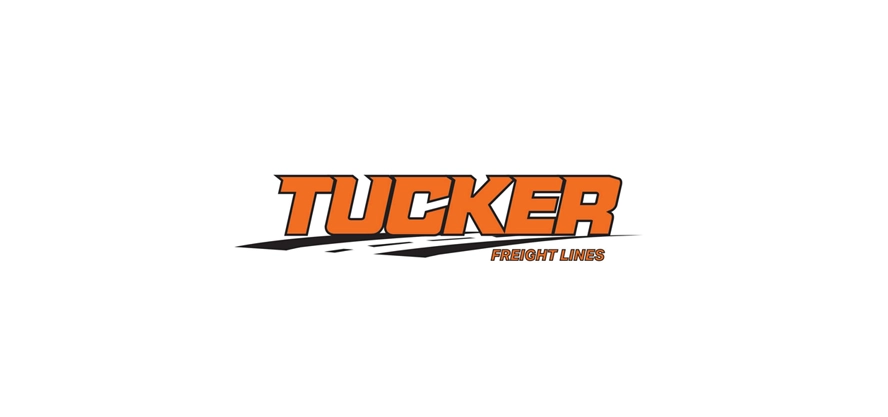
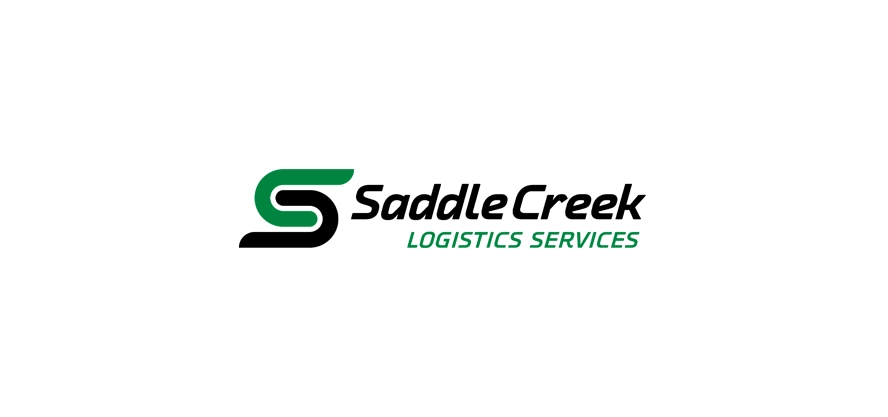
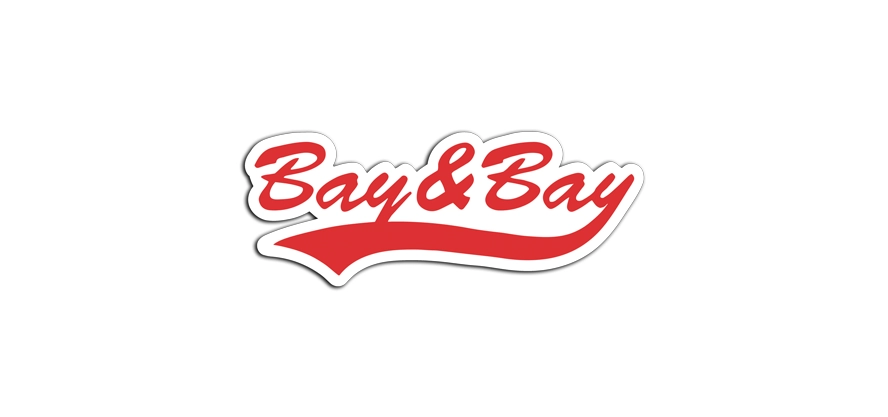

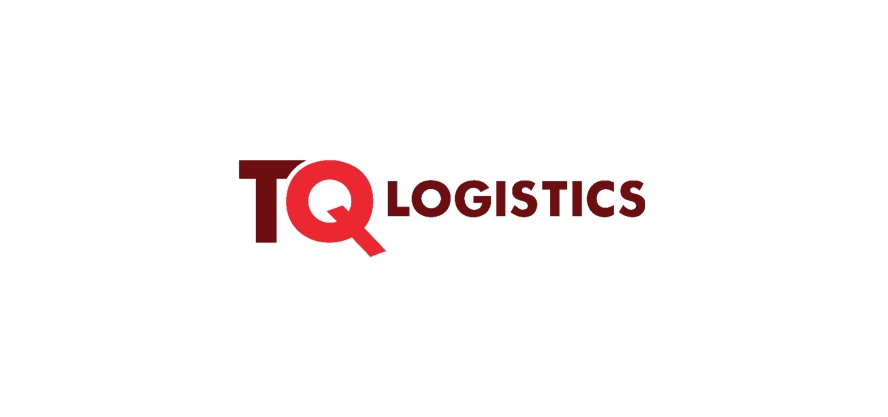
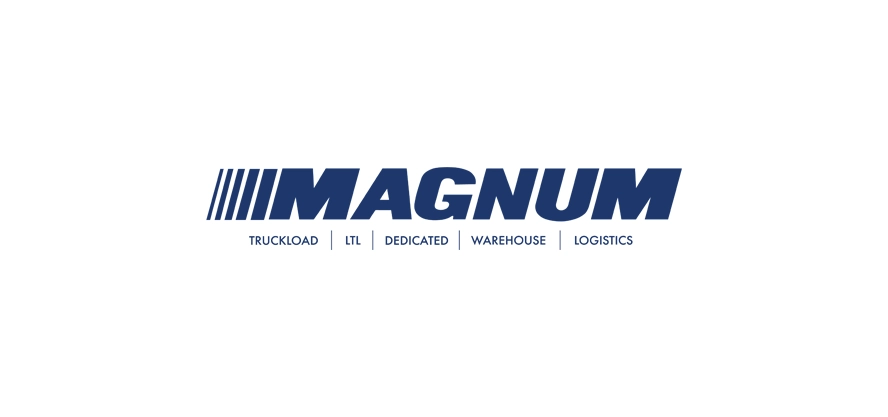
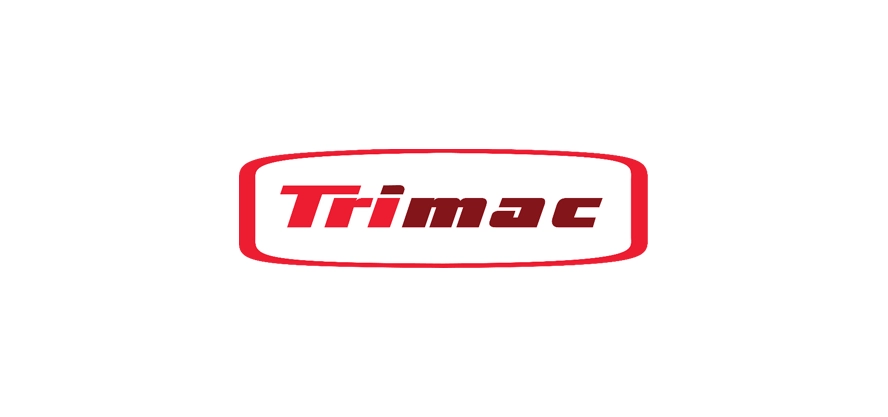













Who we serve
 Carriers
Carriers
 Shippers
Shippers
 Service centers
Service centers
- Industry innovation Drive efficiency from order-to-cash. Whether you haul full truckload, less-than-truckload or fuel, our AI-powered solutions streamline your operations.
- Empowered drivers Optimize efficient driving with workflow automation, precise ETAs to reduce check calls, advanced dock scheduling and more.
- Connect and scale Tap into the industry’s deepest network of connected carrier solutions to accelerate and scale your business.
Learn more
- Move freight smarter Find and connect with carriers. Boost operational efficiency, save more money and seize your competitive advantage with Trimble.
- Streamline operations Ship with confidence and scale your business using Trimble's comprehensive suite of innovative, shipper-focused products.
- Improve visibility Always know where your loads are and when they're running late due to weather, traffic and other delays.
learn more
- Shop floor innovation Automating the scheduling of preventive maintenance (PMs) and inspections keeps your shop compliant and your schedule full without the manual administrative headache.
- Empowered technicians A data-driven approach rewards your top performers so you get faster repairs, fewer comebacks and a more satisfied technical team.
- Profit center Transform your maintenance facility from a necessary cost center into a data-driven, high-efficiency operation.
Learn more
 Carriers
Carriers
- Industry innovation Drive efficiency from order-to-cash. Whether you haul full truckload, less-than-truckload or fuel, our AI-powered solutions streamline your operations.
- Empowered drivers Optimize efficient driving with workflow automation, precise ETAs to reduce check calls, advanced dock scheduling and more.
- Connect and scale Tap into the industry’s deepest network of connected carrier solutions to accelerate and scale your business.
Learn more
 Shippers
Shippers
- Move freight smarter Find and connect with carriers. Boost operational efficiency, save more money and seize your competitive advantage with Trimble.
- Streamline operations Ship with confidence and scale your business using Trimble's comprehensive suite of innovative, shipper-focused products.
- Improve visibility Always know where your loads are and when they're running late due to weather, traffic and other delays.
learn more
 Service centers
Service centers
- Shop floor innovation Automating the scheduling of preventive maintenance (PMs) and inspections keeps your shop compliant and your schedule full without the manual administrative headache.
- Empowered technicians A data-driven approach rewards your top performers so you get faster repairs, fewer comebacks and a more satisfied technical team.
- Profit center Transform your maintenance facility from a necessary cost center into a data-driven, high-efficiency operation.
Learn more



- Industry innovation Drive efficiency from order-to-cash. Whether you haul full truckload, less-than-truckload or fuel, our AI-powered solutions streamline your operations.
- Empowered drivers Optimize efficient driving with workflow automation, precise ETAs to reduce check calls, advanced dock scheduling and more.
- Connect and scale Tap into the industry’s deepest network of connected carrier solutions to accelerate and scale your business.
- Move freight smarter Find and connect with carriers. Boost operational efficiency, save more money and seize your competitive advantage with Trimble.
- Streamline operations Ship with confidence and scale your business using Trimble's comprehensive suite of innovative, shipper-focused products.
- Improve visibility Always know where your loads are and when they're running late due to weather, traffic and other delays.
- Shop floor innovation Automating the scheduling of preventive maintenance (PMs) and inspections keeps your shop compliant and your schedule full without the manual administrative headache.
- Empowered technicians A data-driven approach rewards your top performers so you get faster repairs, fewer comebacks and a more satisfied technical team.
- Profit center Transform your maintenance facility from a necessary cost center into a data-driven, high-efficiency operation.

- Industry innovation Drive efficiency from order-to-cash. Whether you haul full truckload, less-than-truckload or fuel, our AI-powered solutions streamline your operations.
- Empowered drivers Optimize efficient driving with workflow automation, precise ETAs to reduce check calls, advanced dock scheduling and more.
- Connect and scale Tap into the industry’s deepest network of connected carrier solutions to accelerate and scale your business.

- Move freight smarter Find and connect with carriers. Boost operational efficiency, save more money and seize your competitive advantage with Trimble.
- Streamline operations Ship with confidence and scale your business using Trimble's comprehensive suite of innovative, shipper-focused products.
- Improve visibility Always know where your loads are and when they're running late due to weather, traffic and other delays.

- Shop floor innovation Automating the scheduling of preventive maintenance (PMs) and inspections keeps your shop compliant and your schedule full without the manual administrative headache.
- Empowered technicians A data-driven approach rewards your top performers so you get faster repairs, fewer comebacks and a more satisfied technical team.
- Profit center Transform your maintenance facility from a necessary cost center into a data-driven, high-efficiency operation.
Maximize business impact
reduction in monthly operating expenses for carriers
faster logistics cost analysis for shippers

The future of transportation and logistics is here
Revolutionize your operations with intelligent automation and data-driven insights.
Analyze data. Automate workflows. Augment your team. Trimble brings the power of purposeful AI to every stage of your supply chain.
Managed with Trimble tech
billion US dollars in annual freight spend
trucks connected globally

Connected transportation ecosystem
One shared vision. Endless impact.
Whether you’re looking to integrate, build or resell, partnering with us opens up a world of opportunities. Our program is designed to help you achieve your business goals.
Trimble offers the seamless integration and customization options across platforms that we need to succeed. We can now satisfy customers almost instantly, delivering faster and more efficient service than ever before.
Tony Trocki
Vice President of Transportation at Evans Distribution Systems

Partnership with Trimble has been a great example of what can be achieved through collaboration. By working together, we’ve streamlined our implementation process and helped create a stronger foundation for future success.
Helen Crotty
Vice President of IT, Ashley Furniture

Trimble provides so many different products and is constantly evolving and procuring new products and merging them into the Trimble family. That allows us to provide the tools that we need to be successful, so we can focus on transportation, warehousing, building ships. And we don’t need to focus on the technology as much because Trimble is providing that service.
Stephanie Johnson
Director of Operations Integrity at Crowley

Trimble was a huge, positive impact on our team from the beginning. The Trimble team has been very helpful through every stage, every step, making sure we’re utilizing and mapping all of the tasks that need to be completed, all the way through implementation and take-off.
Steven Torres,
Senior Transportation Manager, Honor Foods

Through the use of the Trimble products, we’ve been able to roll out information to our teams a lot better, a lot quicker. The manual processes are now gone. It’s all automated. The data’s coming in correctly and it just makes for quicker reporting. The result from this implementation has been incredible… It lets us focus more on other needs in our industry, instead of spending three, four hours a day doing manual processes.
Michael Mangers,
Director of Maintenance, Tucker Freight Lines

Trimble Dispatch Newsletter
Sign up for Trimble Dispatch to get Trimble news, the latest updates, exclusive content and special offers delivered straight to your inbox every month.



